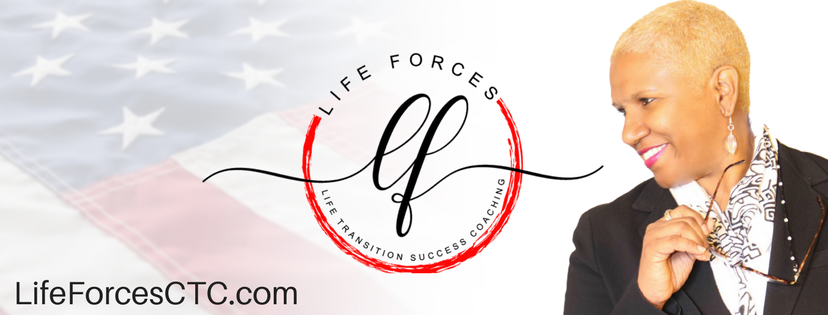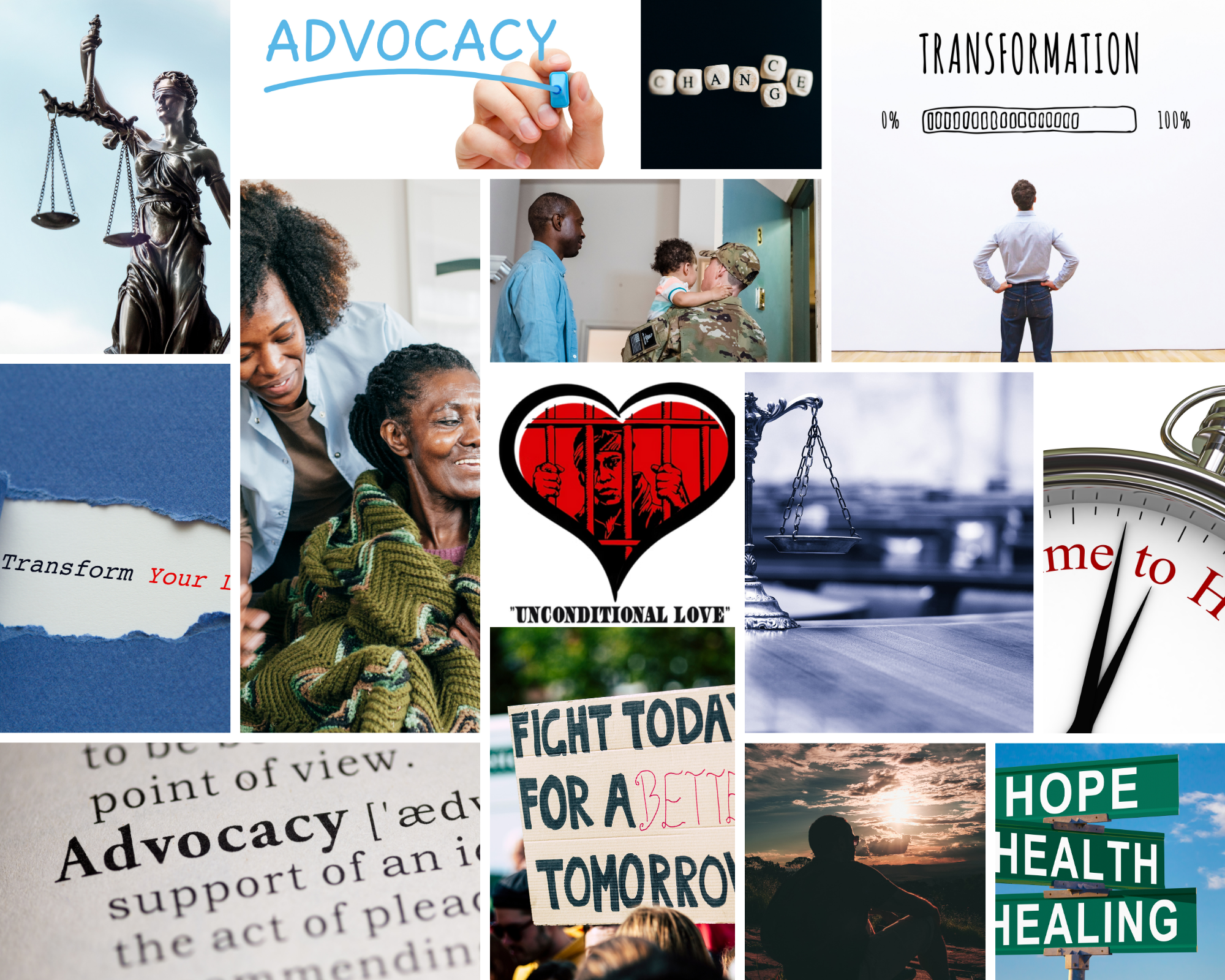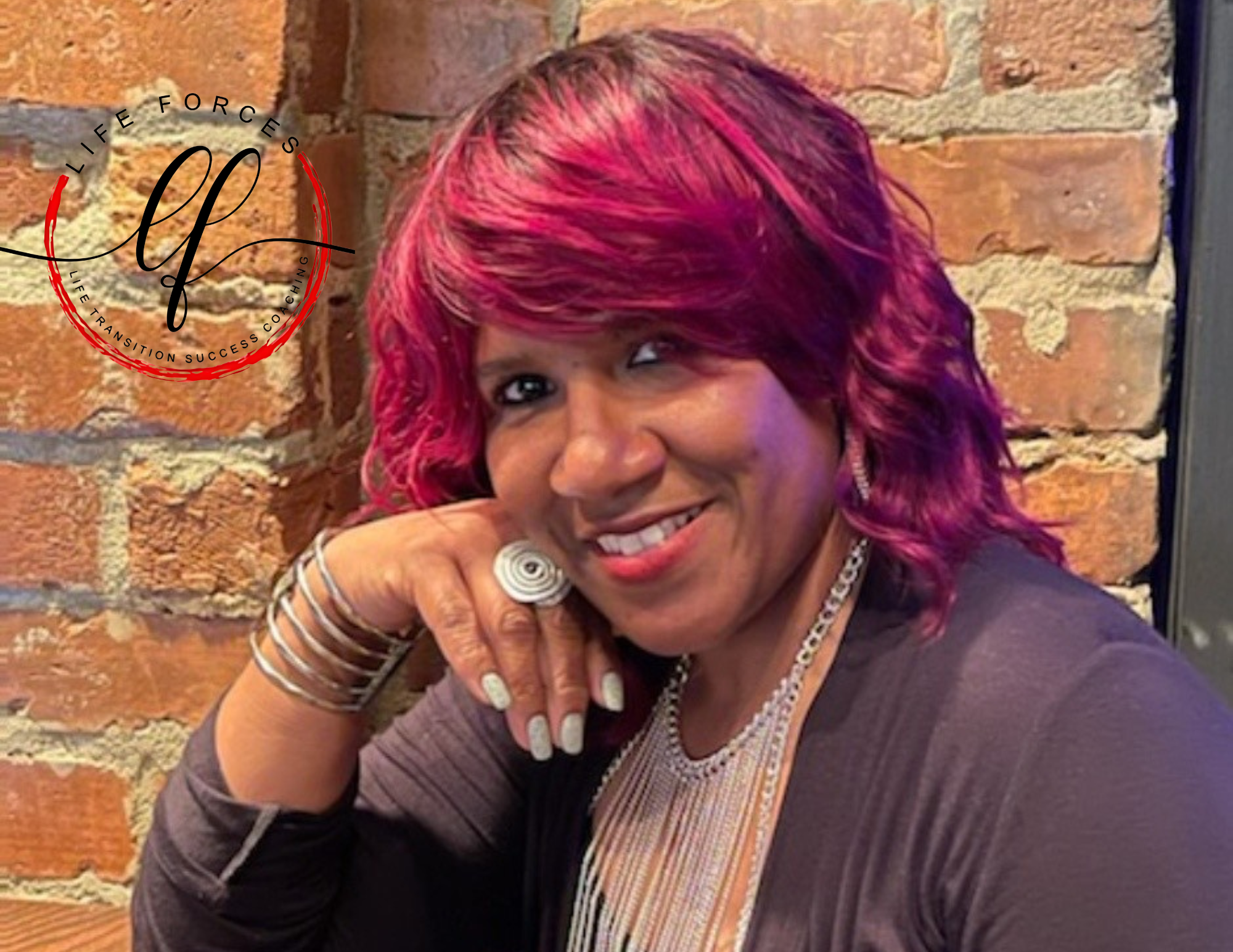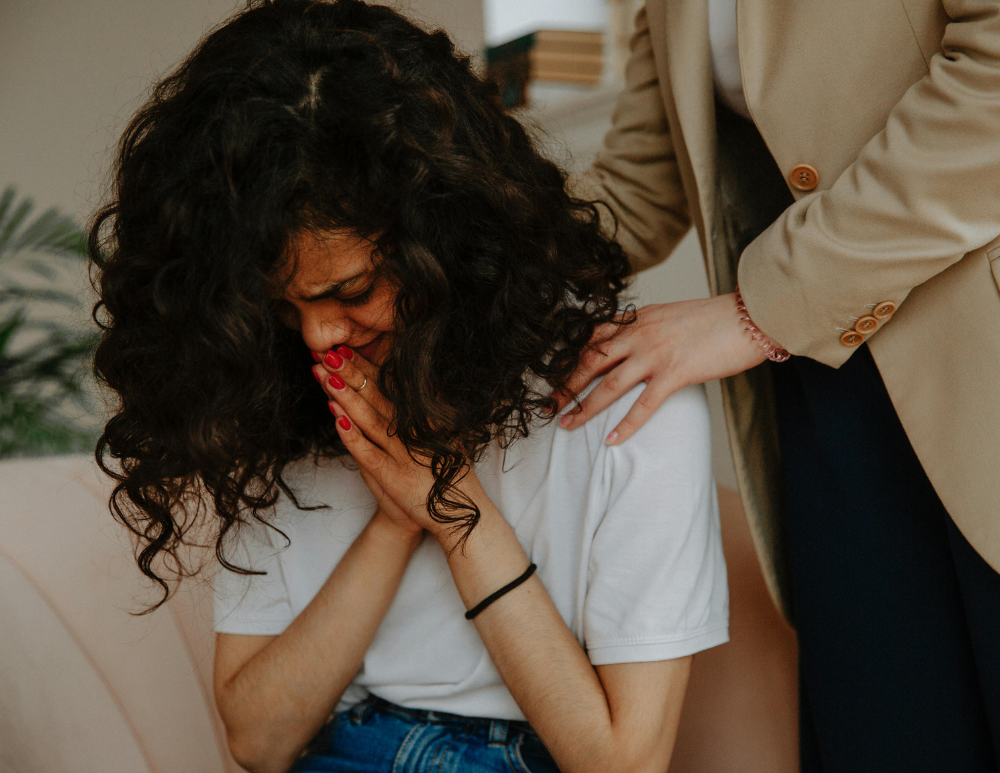Charlotte, NC – In a quiet office tucked inside a local nonprofit, phone calls are made, support groups are formed, and stories are shared. But the mission is anything but quiet. At Locked Out Love, the work is loud with purpose: rebuilding lives and reconnecting families torn apart by incarceration.
“We believe incarceration doesn’t just happen to one person,” says a representative from the organization. “It ripples—through families, neighborhoods, entire communities.”
And the numbers bear that out. On any given day, nearly 60,000 young people are held in juvenile detention across the United States. Meanwhile, 1 in 14 American children will face the emotional upheaval of having a parent behind bars at some point in their lives. But behind each statistic, there’s a child waiting at home, a grandmother stepping up to raise her grandchildren, a mother or father trying to re-enter society and find purpose again.
Locked Out Love’s Justice-Impacted & Family Transition Program was born from this reality—the deep, often invisible trauma caused by incarceration that lingers long after the release date. The program offers services not just for returning citizens, but for the caregivers and children who walk the parallel journey of healing.
Many of these caregivers are grandparents, aunts, older siblings—individuals who suddenly find themselves shouldering the responsibility of raising children with little notice and even fewer resources. They face the judgment of others, financial burdens, and the emotional toll of trying to explain absence to a child.
And when a parent comes home? That’s just the beginning of a different kind of struggle—finding employment with a criminal record, reconnecting with family, and often, learning to navigate a new version of life in a world that’s moved on.
Locked Out Love steps in to bridge these gaps. The organization offers family stabilization, mentorship for returning citizens, trauma workshops for caregivers, child-focused support programs, and comprehensive reentry services from job readiness to life skills training.
But it’s the personal touch that sets their work apart.
“We don’t treat people like cases—we walk with them,” the team shares. “We meet them where they are, and we stay committed for the long haul.”
For many, this support is life-changing. A mother, once locked out of her children’s lives, is now holding them close again. A teenager, angry and confused, is learning to cope and communicate. A caregiver, overwhelmed and ashamed, now finds strength in a support circle that says, “You’re not alone.”
“We believe people are not defined by their past, but by what they do next,” the organization says.
And what they’re doing next at Locked Out Love is nothing short of transformational—healing one family at a time, reshaping one life after another, and reminding communities that everyone deserves a second chance.
When love, understanding, and opportunity are unlocked, so is the future.



